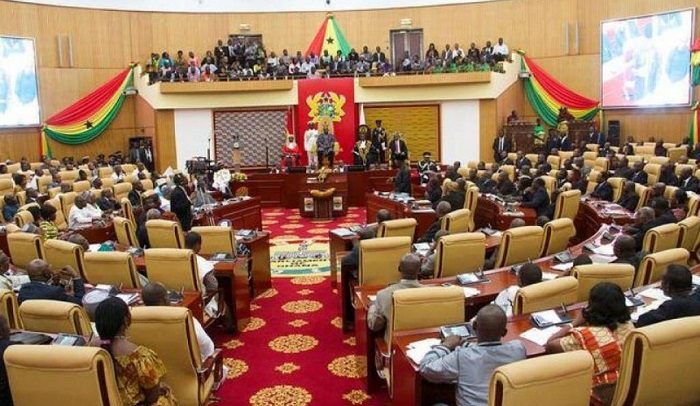In a letter dated April 10, Cyril Ansah, the Clerk to Parliament, has responded to the Secretary to the President, Nana Bediatuo Asante, regarding the submission of the Human Sexual Rights and Family Values Bill, 2024 for presidential assent.
Mr. Ansah has acknowledged the reasons stated by Mr. Asante and expressed his readiness to comply with further instructions.
The letter from Mr. Ansah highlighted his awareness of the last paragraph in Mr. Asante’s letter, which requested the cessation of transmitting the bill to the President until pending matters before the Supreme Court are resolved.
Mr. Ansah reiterated his commitment to adhere to the constitutional requirements and asked for written notification from the Office of the Secretary to the President on when to present the bill to His Excellency the President.
The response from the Clerk to Parliament indicates a willingness to proceed with the submission of the Human Sexual Rights and Family Values Bill, 2024 for presidential consideration.
However, Mr. Ansah recognizes the importance of resolving the ongoing matters before the Supreme Court before moving forward. This decision reflects the commitment of the Parliament to adhere to due process and ensure that all legal requirements are met before presenting the bill for presidential assent.
It is yet to be determined when the Office of the Secretary to the President will provide the necessary instructions to the Clerk to Parliament, specifying the appropriate timeline for submitting the bill. Stakeholders and interested parties will eagerly await further developments in this matter, as the Human Sexual Rights and Family Values Bill, 2024 continues to generate significant public discourse and debate.
The bill, once presented and acted upon by the President, has the potential to shape the country’s laws and policies related to human sexual rights and family values. As such, its successful passage into law carries significant implications for various sectors of society, including civil liberties, social norms, and cultural practices.
By Vincent Kubi

